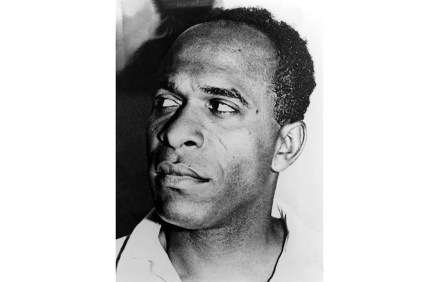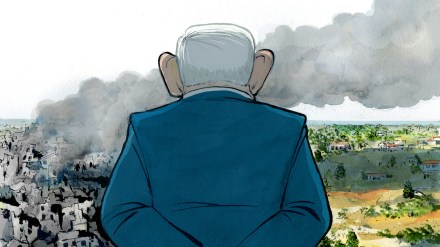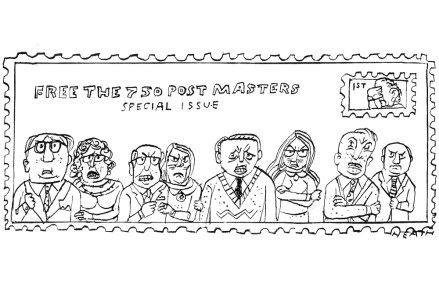Netanyahu’s speech to Congress won’t achieve much
Nearly ten months after Israel’s worst day, Prime Minister Benjamin Netanyahu made history far away in Washington DC when he became the first world leader to address Congress four times. Even Winston Churchill only managed three. The last time Netanyahu spoke to Congress was in March 2015, as the Obama administration was finalising the Joint Comprehensive Plan of Action, better known as the ‘Iran Deal’. Netanyahu arranged the session with House Speaker John Boehner against Obama’s wishes, and made a charged and politicised speech urging Congress to reject the deal. The speech was seen as colluding with the Republicans to meddle in US domestic politics, and the damage it caused





















